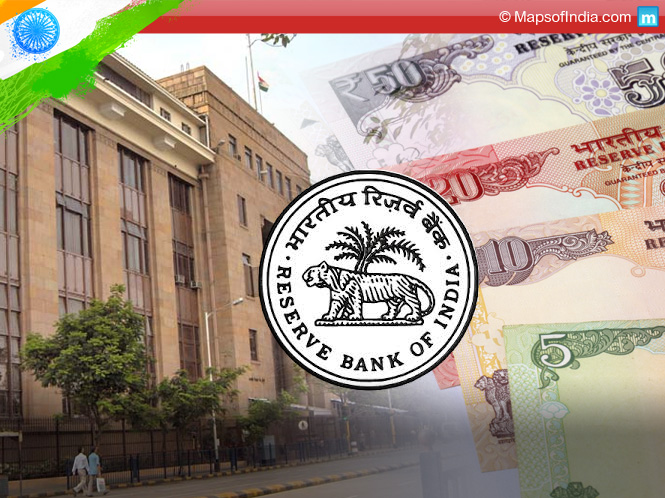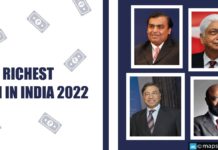
Earlier this month, even as the FY 2014-15 started out, the Reserve Bank of India issued long awaited bank licenses to two new financial institutions. Applications for new bank licenses had been invited by the Indian central bank in February 2014 and these two were chosen from a pool of twenty-five applicants by a commission headed by former RBI Governor Bimal Jalan.
Bandhan Financial Services, the micro-lending company, and Infrastructure Development Finance Company (IDFC), the infra lending company, were granted these licenses and are likely to go operational and demonstrate compliances by October 2015. What comes as a major surprise in this scenario is that among the other institutions that had applied but failed to secure new licenses were some very big names – Aditya Birla Nuvo, Reliance Capital, L&T Finance, LIC Housing Finance, Indiabulls Housing Finance, Edelweiss, IFCI, India Infoline, J M Financial, Muthoot Finance, Religare, Shriram Capital, and Bajaj Finserv.
Within a couple of days of the announcement, the RBI Governor Raghuram Rajan, spoke to the press. “We (the Jalan Committee and the RBI) have opened up the possibility that those left out applicants can apply again once we put the licenses on-tap as well as we create differentiated licenses. Some of the applicants may be better off applying for a differentiated license rather than for the full license”, he said, opening up the much debated issue of differentiated banks once more.
Unlike a universal banking license which is a blanket license that allows banks to offer a range of services, a differentiated license from the RBI will allow a bank to offer specialized services in select verticals – such as project financing, mortgage banking, industrial financing etc. Currently in India, the RBI issues a universal banking license to both domestic as well as foreign banks. All banks in the country retain access to the central payments and settlement system and are blanketed by the deposit insurance cover.
Why, then, is RBI considering differentiated banking now? In a country like India, the presence of varied financial institutions that have developed niche businesses has brought great variety to the finances sector. Each such institution has specialized in specific functions – gold loans, infrastructure financing, auto loans, micro financing etc. To bring them all under the RBI umbrella, currently they need to be issued a universal banking license, forcing them to diversify into businesses they have no experience or expertise in. issuing of differential banking licenses, however, is likely to promote better utilization of financial resources, bring depth to core activities, and allow institutions to focus on specific needs and customer segments.
Differentiated banking practices are in vogue in countries such as Singapore, Indonesia, Australia, and the UK. Hong Kong also offers differentiated banking licenses. The idea of getting to a differentiated banking environment was introduced by the RBI in its 2007-08 Annual Policy Statement but the time for transition to a differentiated banking environment seems close at hand. A number of foreign banks such as UBS and Barclays PLC have shown great interest in procuring such licenses. But is India ready for it?
A recent SBI research report suggests that India may not yet be ready for a differentiated banking system. “We, however, feel it would be bit early to introduce such a model in the domestic context”, said the report. There is also the very real fear that agriculture, small and medium enterprises may be neglected in such an environment. Currently the stipulation of priority sector norms ensure that commercial banks allocate 40% of the net credit lending to agriculture, and small and medium enterprises. The report also suggests that it could become untenable for differentiated banks to survive on one or two products alone. The report also suggests the differentiated licensing model could first be tried out in the case of credit cards, remittances and such payment and settlement business.
Will the RBI implement the differentiated banking model soon? Will India remain receptive and positive to the change? Will differentiated banking be good for the country? We shall wait and watch.
Read Also:
Bandhan Bank
What is Payment Bank and How Does it Work
RBI’s Battle Against Inflation – Bonds to Check Liquidity
RBI’s Concern Over Unclaimed Funds Amounting To Rs 3,652.3 Crore In The Different Banks Of The Country
RBI reduces free ATM withdrawals in metro cities
RBI’s Rate Cut: Beginning of the End of Uncertainty in Investment and Growth
New Financial Reforms from new Governor of RBI
Modi’s Vision for Banking Industry
Investment Risks to Economy – Caution Is the Watchword for RBI
Swap your old currency notes with new one





